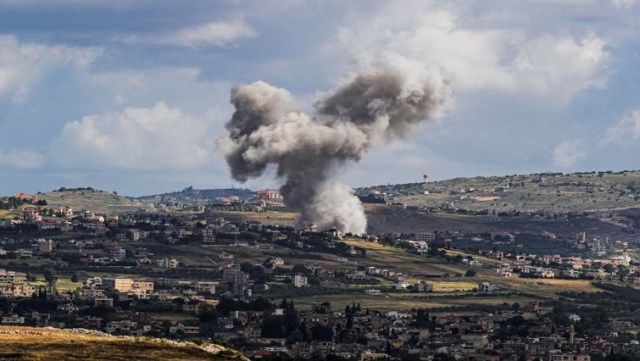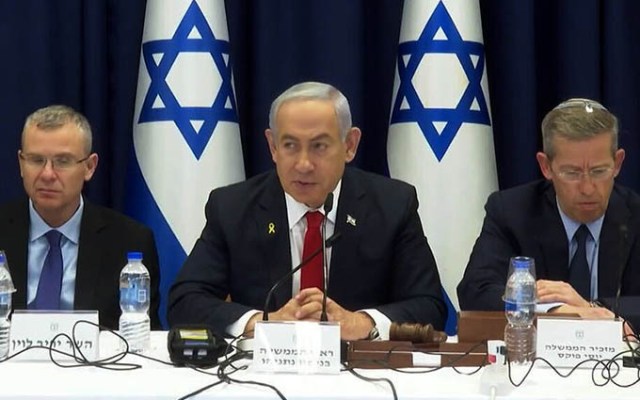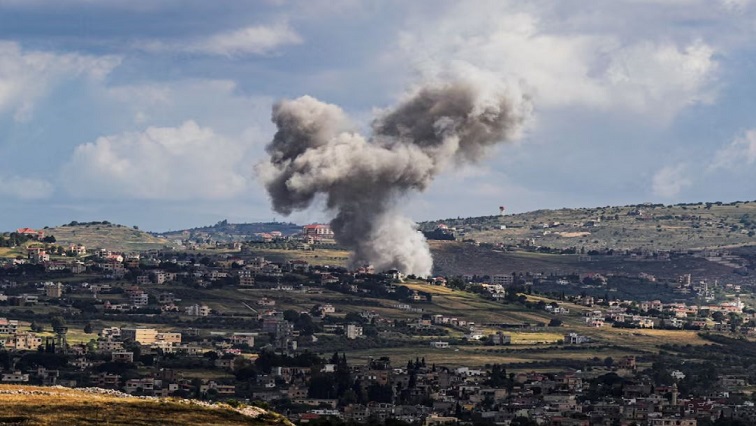

Israel and Lebanon Take Steps Toward Ceasefire Agreement. In a significant diplomatic breakthrough, Israel and Lebanon appear to be making progress toward a formal ceasefire agreement. The development comes after years of intermittent conflict along their shared border, marked by skirmishes and escalating tensions. The initiative aims to bring stability to the region and reduce the potential for further violence.
The Path to Negotiation
The move toward a ceasefire agreement follows months of behind-the-scenes negotiations mediated by international players, including the United Nations and the United States. Diplomatic efforts intensified in response to recent clashes between Israeli forces and Hezbollah, the powerful Lebanese militant group, which have threatened to spiral into a broader conflict.
Both nations have signaled a willingness to engage in constructive dialogue. Israeli Prime Minister Benjamin Netanyahu stated, “We are prepared to explore all options to ensure the safety and security of our citizens while fostering regional stability.” Similarly, Lebanese officials emphasized their commitment to protecting sovereignty while seeking peaceful resolutions to border disputes.
Israel and Lebanon Take Steps Toward

Key Elements of the Ceasefire
The draft agreement reportedly includes several critical components:
Cessation of Hostilities: Both sides are expected to commit to a complete halt in military activities along the border.
Buffer Zone: A demilitarized zone may be established, monitored by UN peacekeeping forces, to prevent future clashes.
Dialogue Channels: Regular communication channels will be set up to address disputes promptly and avoid misunderstandings that could lead to violence.
Humanitarian Cooperation: Provisions for cross-border humanitarian aid and reconstruction efforts in affected areas are also being discussed.
International Support
The ceasefire talks have garnered widespread international support. The United Nations Interim Force in Lebanon (UNIFIL), which has maintained a peacekeeping presence in the region since 1978, has been actively involved in facilitating discussions.
UN Secretary-General António Guterres welcomed the progress, stating, “This is a critical step toward ensuring peace and security in a volatile region. We urge both parties to continue their constructive engagement.”
The United States, a key ally of Israel and a significant player in Middle Eastern diplomacy, has also played a vital role in brokering talks. U.S. Secretary of State Antony Blinken expressed optimism, noting, “A stable border benefits not only Israel and Lebanon but also the broader region and global security.”
Challenges Ahead
While the ceasefire negotiations represent a positive step, significant challenges remain. Trust between Israel and Lebanon is fragile, with deep-seated animosities and unresolved issues, such as territorial disputes over the Shebaa Farms area and the role of Hezbollah.
Hezbollah, which wields considerable influence in Lebanon and maintains a large arsenal of weapons, poses a potential obstacle to a lasting agreement. The group has not yet formally endorsed the ceasefire talks, and its leader, Hassan Nasrallah, has previously warned against any compromise perceived as undermining Lebanese sovereignty.
Additionally, internal political dynamics in both nations could complicate the process. Lebanon continues to grapple with a severe economic crisis and political instability, while Israel faces domestic divisions over its government’s policies.
Regional Implications
A successful ceasefire agreement could have profound implications for the Middle East. It would mark a rare instance of cooperation between two nations technically still in a state of war since the Arab-Israeli conflict in 1948.
For Lebanon, the agreement could provide much-needed stability and open avenues for international aid and investment. For Israel, it represents an opportunity to enhance security along its northern border and focus on broader regional challenges.
Moreover, the ceasefire could set a precedent for resolving other long-standing conflicts in the region. Analysts suggest that sustained dialogue between Israel and Lebanon might inspire similar efforts in areas such as Gaza and the West Bank.
The Road Ahead
As talks progress, both nations face the task of bridging gaps and addressing mutual concerns. Observers remain cautiously optimistic, emphasizing that sustained commitment and external mediation will be crucial to ensuring the ceasefire’s success.
For now, the world watches closely as Israel and Lebanon inch closer to what could be a historic agreement. If realized, the ceasefire has the potential to usher in a new chapter of peace and cooperation in one of the world’s most volatile regions.
Source: SABC
In other news – Cardi B Issues Stern Warning to Online Critics
Cardi B, the chart-topping rapper and cultural icon, has made headlines once again—this time for taking a bold stand against her online critics. Known for her unfiltered personality and sharp clapbacks, Cardi delivered a fiery message to her detractors, making it clear that she has reached her limit with negativity and disrespect.

The Message
In a recent social media post, Cardi B directly addressed the constant wave of online hate she has been facing. Without holding back, she told her critics that enough is enough and issued what she called her “last warning. Read more
#Israel #Lebanon #Steps #Ceasefire #Agreement



